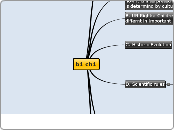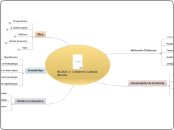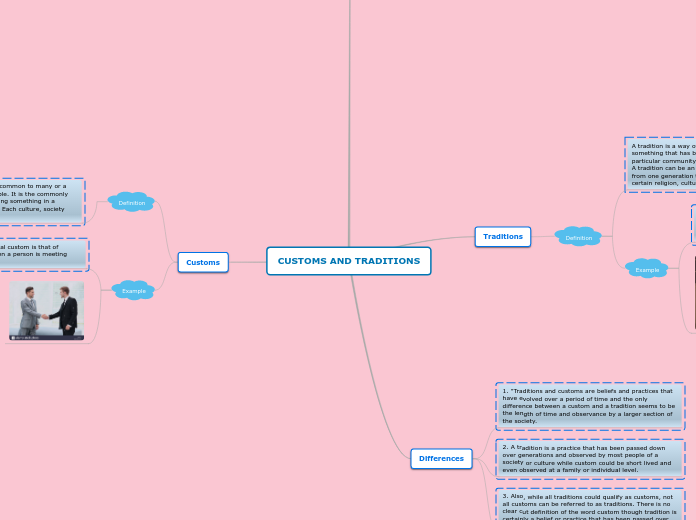b1 ch1
F. Universal western development?
Devlopemental Niche
Biological developement
Socio- cultural patterns around it
parental beliefs
cultural demands
physical demands
Six cultures project
Attitude: Work is good
Play for play
Bolias work schedule
Practicing adult skills
Kenia social network
childens value
75 % Thai vs 6% US economy
E. Philosophic
Nature vs. Nurture
Passive/ Active : Indidividual/ Social Theory
How learning occurs
Active child
Bandura
Vigotsky
Piaget
Passive child
Skinner
Practical appplications
biological env. models
genes vs. siblings
Philosopies
Interactionism
Kant
Vigotsky social constructvism
Piaget's constructivism
Empricism
Locke
Blank Slate
Sinner' s Behaviourism
Bandura's Social Learning
Nativism
Rousseau
Noble child
Authoritarian
Hobbes
Sinful child
Freud's ID
D. Scientific rules
Normative rules Apporach
critique:
Disabilty
ind Differences
Transitions
Environment: c + c
contious/ disc: Psych physio Progession
but unclear about psych dev
C. Historic Evolution
Scitentific evolution
Growing Professionals
Binets Intellignece
Darwins apes developement
Halls recapitualation
Indutrial Revolution
increased demands
Increased use
Middle: Mini Adult
B. UN Rights: Children are differnt in important ways
dependent on adults
more vulnerable
A. Child and childhood are social categories:
Immaturity is biological but how it is interpreted or use is determind by culture
Children: acitvely negotiate roles, status
Culture: Voting laws determine when childhood has ended.









